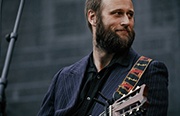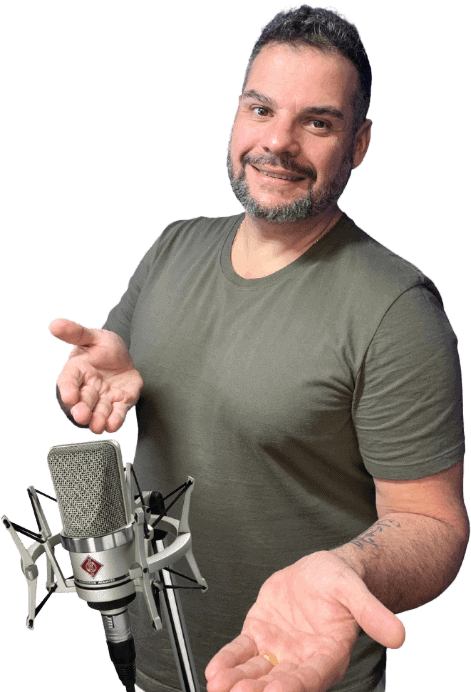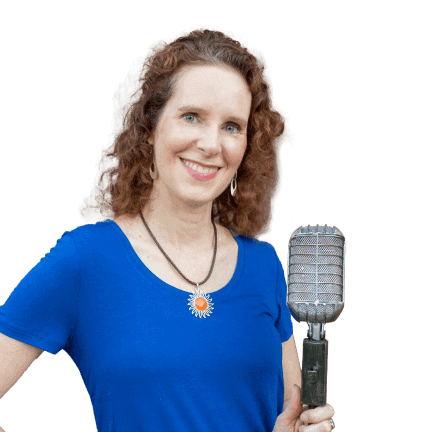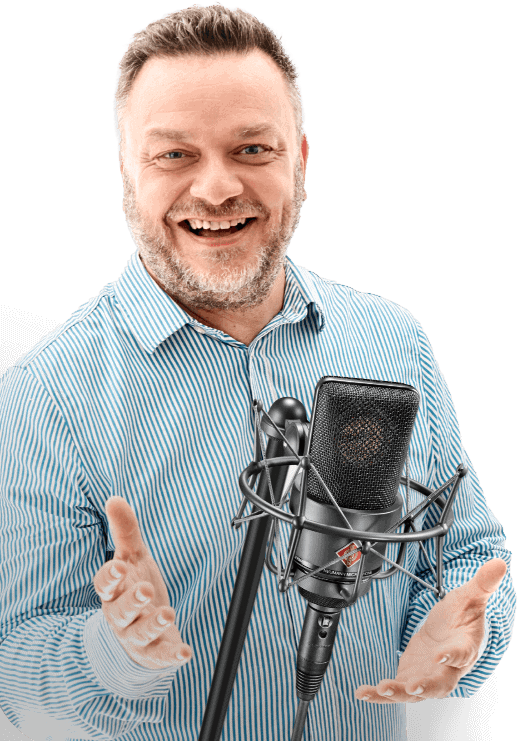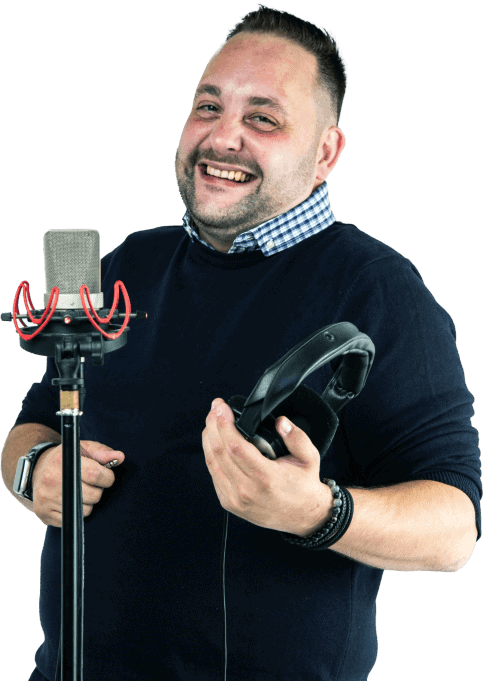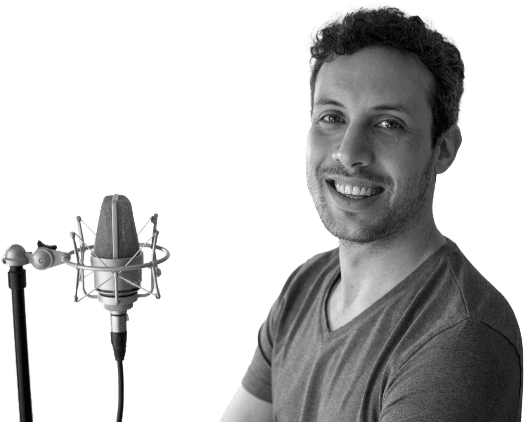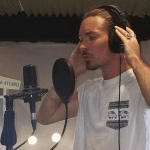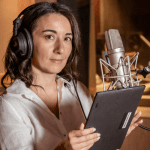In case you think this is a passing trend, the industry does not see it that way, and is keen to look to the future.
Michele Cobb of APA said, “48% of frequent listeners are under the age of 35. If we capture them now, when they’re young and have a little bit more time and a few more dollars, we keep them listening for the rest of their lives.”
Although content is the driving force, publishers are drawing the listeners in with celebrity voices too.
Random House released George Saunders’s first novel, Lincoln in the Bardo, with Susan Sarandon, Lena Dunham, David Sedaris, and Don Cheadle, amongst a cast of 166 others.
That must have been a pretty full studio!
It’s the professional narrators that still dominate audiobook voicing though, with talents like Scott Brick, Jim Dale and George Guidall still holding firm against television or film stars.
Many of us enjoyed the experience of being read to by our parents or teachers, and it’s still nice to be read to as an adult.
However it’s not just bedtime stories that draw people to audiobooks.
Writer Grant Cardone says that top CEOs read something like 60 books a year, mostly for self-improvement, and they consume the majority of those as audiobooks.
Although consumption of audiobooks has skyrocketed, production of them is just as much a labour of love as it ever was.
Just one hour of a finished audiobook can take 6 hours to create, with one hour spent pre-reading it to understand pronunciations and roughly 2 hours of that time used to record the text. Then you’d need to add another 3 hours of sound editing in the studio. And that’s how long it takes an experienced professional who knows how to get through the whole process as efficiently as possible.
A beginner is more likely to take forever!
Scott Brick has said that understanding pronunciations can take even longer when he has to narrate a science fiction novel.
Simply because many of the words are made up, they may never have been set out loud before, and no one but the author knows the correct way to say them. While working on Frank Herbert’s Dune series, he talked to Herbert’s son on the phone and recorded the conversations so that he could hear the words and write them down phonetically.
This produced a reference list of more than 1,800 words!
It should be clear by now that audiobook narration calls for a different set of skills to other commercial VoiceOver projects and even to other acting jobs too.
It is usually performed by actors who also specialize in dubbing and character voice overs, so it’s not something that even seasoned artists from other voice over areas can easily step into without training.
The voice alone has to bring a novel to life. The professional narrator knows how to sustain a reader’s interest for the whole of a typical 10-hour journey through the story.
They do this by altering their tone to fit various characters, and the highs and lows of different plot points. To that effect, we published a comprehensive article on what makes a great story-teller narrator.
Of course, there is non-fiction too, and it also demands the variety, breath control and stamina needed to keep a listener engaged from the first paragraph to the final period. Scott Brick unwittingly prepared for his trade by performing in a theater company touring Shakespeare.
He looks after his voice by drinking liters of water every day and not singing in the car anymore.
But he thinks that success as an audiobook narrator comes down to something else. He has friends who are great actors with great sounding voices who still can’t get a story quite right. “It’s an intangible thing; you know it when you hear it.”

